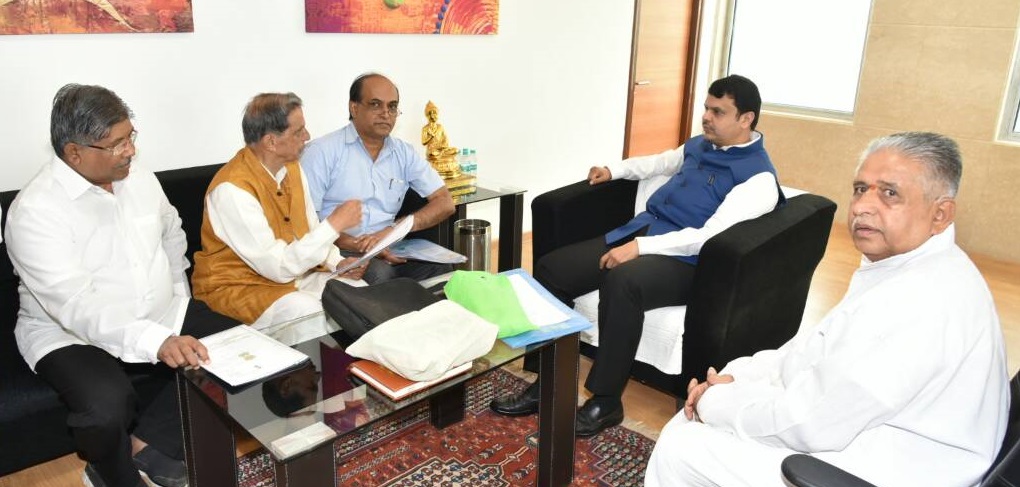Campco President S.R.Satischandra and his team recently met Maharashtra Chief Minister Devendra Fadnavees along with PWD and Revenue Minister Chandrakanth Patil on the issue of scented supari which is banned in Maharashtra.
Talking to this correspondent in Mumbai, “Satishchandra said we have requested the CM to lift the ban on scented supari which is not harmful to health. Chief Minister assured that he would favorably consider the matter, he informed.
The CM of Maharashtra assured the visiting delegation that a committee of experts would soon be set up to examine recommendations for the scented supari, said Mr Chandra while sharing the details of the meeting. .
The ban imposed by the government of Maharashtra was unscientific because it had been proved by research that consuming arecanut is good for health, Campco President said to this correspondent.
Readers would recall that the state government has banned scented and sweet supari by terming it harmful to health like gutkha and pan masala.
Campco is perhaps the only cooperative in the country which manufactures chocolates and several other cocoa products. Recently it was in the news announcing retail marketing of pepper in the domestic market.
Campco President said “if the government of Maharashtra will give us permission to sell the scented supari in state,
CAMPCO was formed in 1973 as a saviour of growers. It is a multi state co-operative – a joint venture of the states of Karnataka and Kerala. With the setting up of the chocolate manufacturing factory at Puttur, 50km from Mangalore, the Co-operative has been able to increase local consumption of cocoa based products and export value-added semi-finished products.
It has diversified into many products such as Supari, Cocoa, rubber and now pepper. The cooperative posted the net profit of Rs. 22 crore in 2016-17 against a net profit of Rs. 19.15 crore in 2015-16. It had a turnover of Rs.1,700 crore during 2016-17 as against Rs. 1,591 crore in 2015-16.
